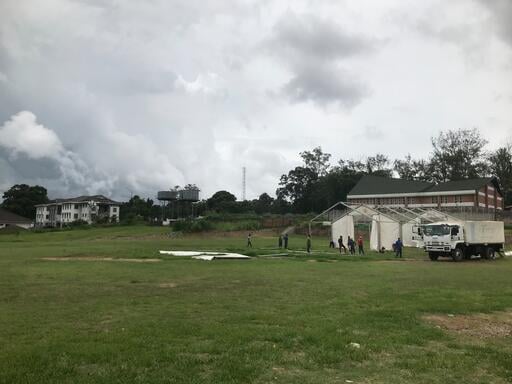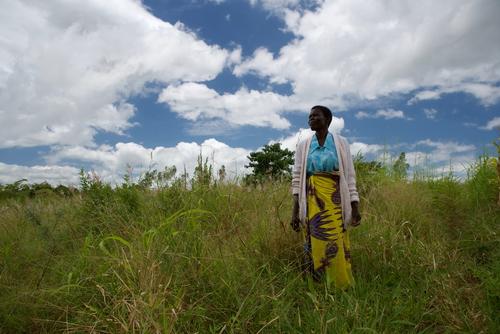Malawi’s massive budget deficit has hit the health system hard. In addition, international donors have withheld budget support since 2014 due to corruption scandals.
In Nsanje district, we support the severely underfunded district management team in running a fully decentralised HIV and tuberculosis (TB) programme that includes infants newly diagnosed with HIV. We also support in providing care for patients with advanced HIV in the district hospital, and healthcare for truck drivers and sex workers.
We are also developing a comprehensive programme to screen, diagnose and treat cervical cancer, which accounts for 40 per cent of all cancers among women in Malawi and kills an estimated 2,314 a year.
Our activities in 2022 in Malawi
Data and information from the International Activity Report 2022.
432
432
€9.8 M
9.8M
1986
1986
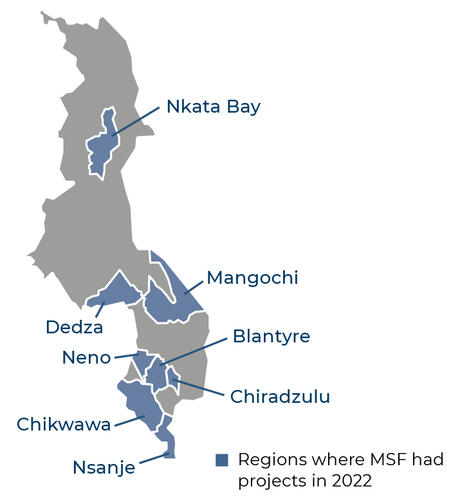

54,200
54,2
2,030
2,03
460
46
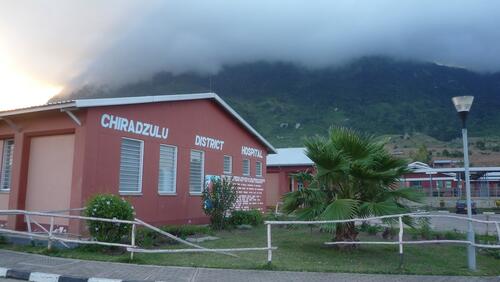
MSF closes chapter on 25-year-old HIV/AIDS project in Malawi
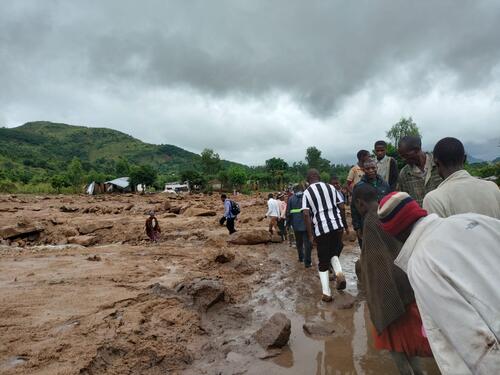
People cut off from healthcare after cyclone Freddy batters Malawi
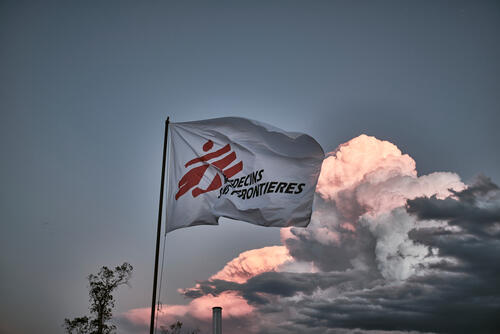
Immediate medical needs in Malawi after cyclone Freddy hits southern region
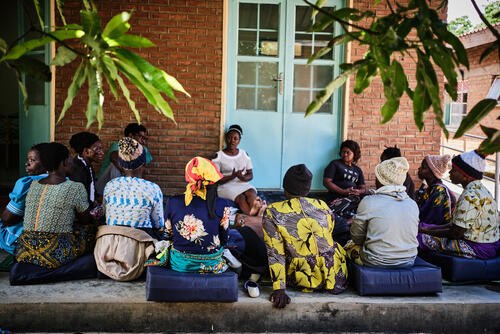
Three things to know about cervical cancer in Malawi
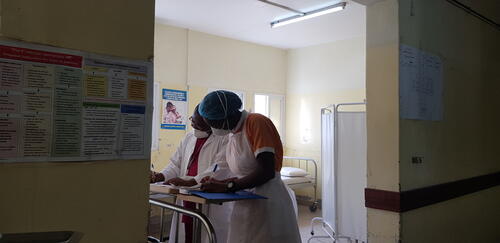
Ravaged by new strain, southern Africa must get COVID-19 vaccines
